When store shelves go empty and prices skyrocket overnight, most people panic. But those who grow their own food? They keep calm—and keep harvesting. While the average household depends heavily on modern supply chains, a small patch of land (or even a few containers) can offer something far more valuable: resilience.
We’ve seen how easily global systems can falter. From extreme weather and fuel shortages to political unrest and transportation delays, disruptions can happen fast—and without warning. But by growing a selection of high-value, reliable, and versatile crops, you can dramatically reduce your reliance on grocery stores. In some cases, these crops can cover essentials like calories, vitamins, minerals, and even natural remedies.
Whether you’re homesteading, balcony gardening, or just want a bit more control over your food supply, these 18 crops deserve a spot in your garden. They’re not just “nice to have” in a crisis—they could genuinely make the difference between stress and self-sufficiency when it matters most.
Kale
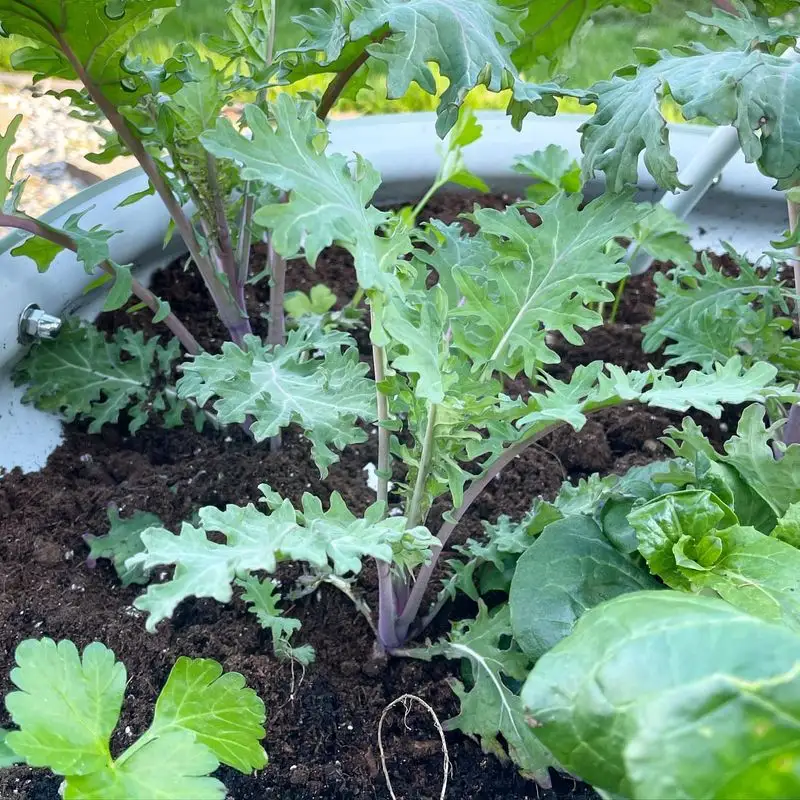
Imagine a leafy green that laughs in the face of frost. Kale is that robust warrior in your garden, thriving even when temperatures drop. This nutrient-rich green offers vitamins A, C, and K, providing a health boost when you need it most. Its versatility makes it a staple in salads, soups, and smoothies.
Kale’s resilience requires minimal care, making it perfect for beginners. Just a sprinkle of water and a patch of sunlight and you’re set. Additionally, its pest-resistant nature means fewer worries about garden invaders, keeping your yield intact.
Potatoes
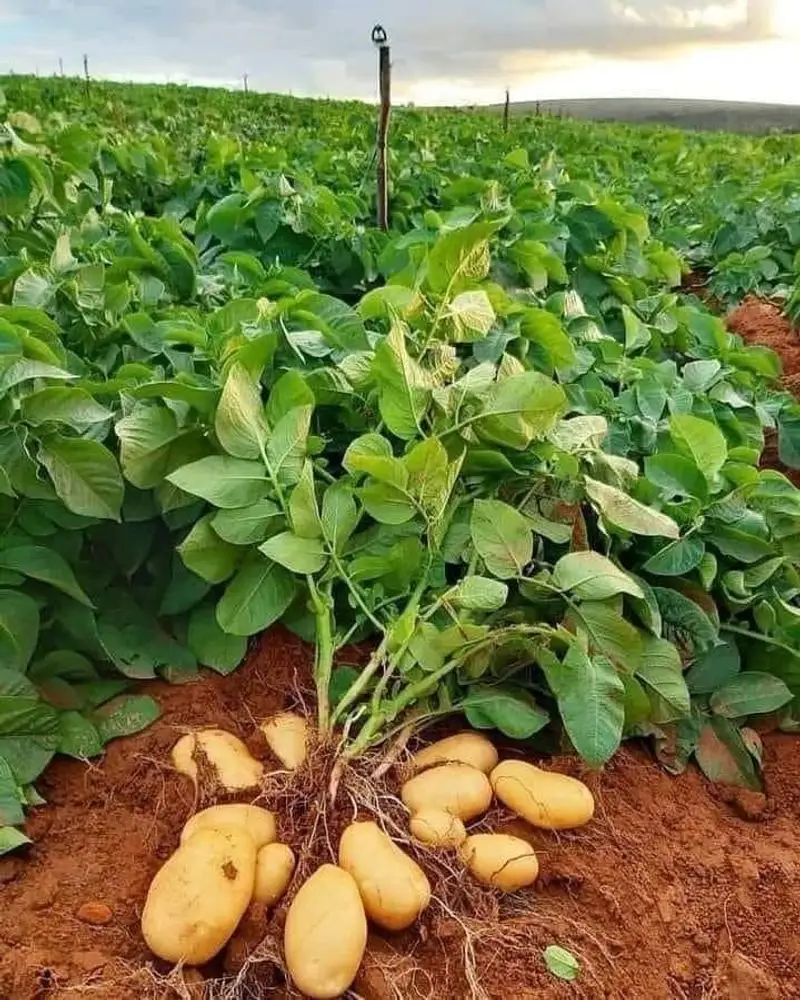
Potatoes are the unsung heroes of food security. Packed with carbohydrates, they offer energy and sustenance when supply chains falter. Potatoes are adaptable to various climates and soils, ensuring a reliable harvest.
Their storage capability is impressive, lasting months in a cool, dark place. This makes them a valuable staple in uncertain times. Plus, their culinary versatility ranges from comforting mashed potatoes to crispy fries, appealing to diverse palates.
With basic planting and nurturing, you can enjoy a continuous supply of this hearty crop.
Sweet Corn
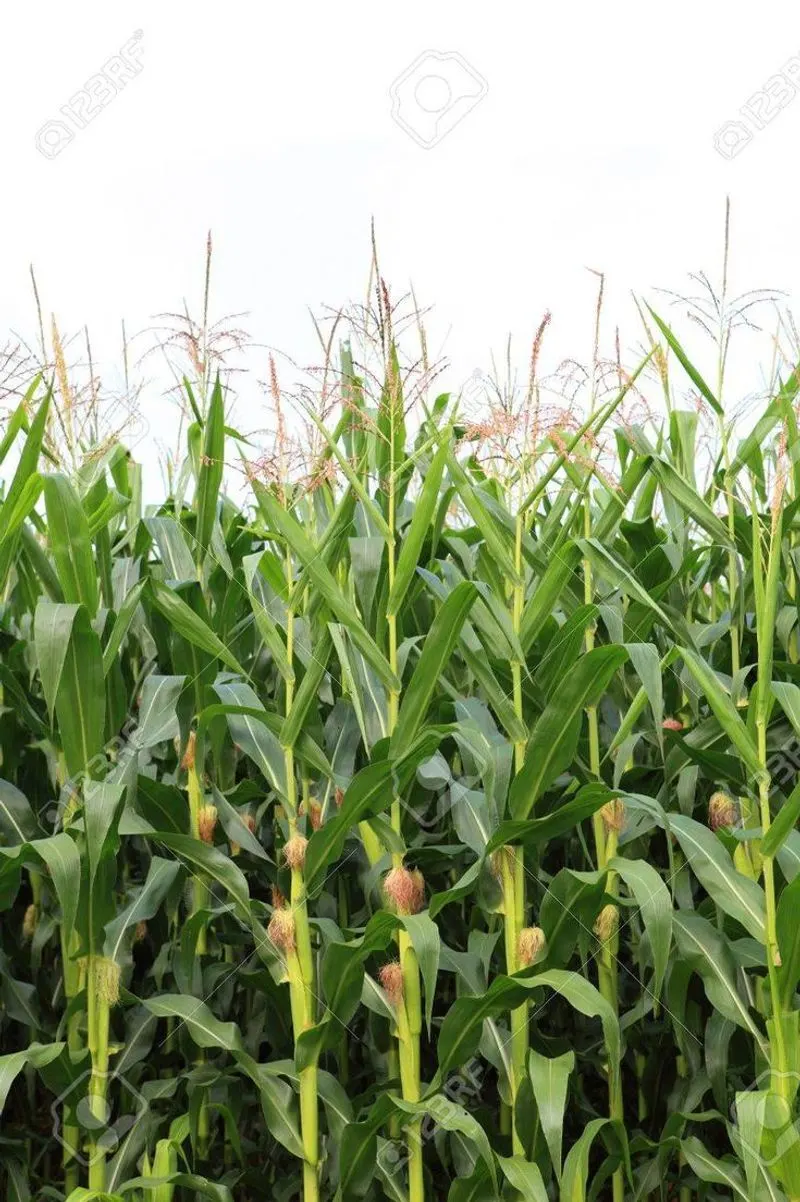
Biting into a fresh ear of sweet corn is like tasting sunshine. Its sweet flavor and juicy crunch are beloved worldwide. This crop matures quickly, making it an excellent choice for sustenance in crisis times.
Sweet corn is rich in fiber and essential vitamins, supporting a balanced diet. It grows best in well-drained soil with ample sunlight. Despite its preference for warmer climates, varieties exist for cooler regions too.
Harvesting corn is straightforward, and its kernels can be canned or frozen for extended shelf life.
Carrots
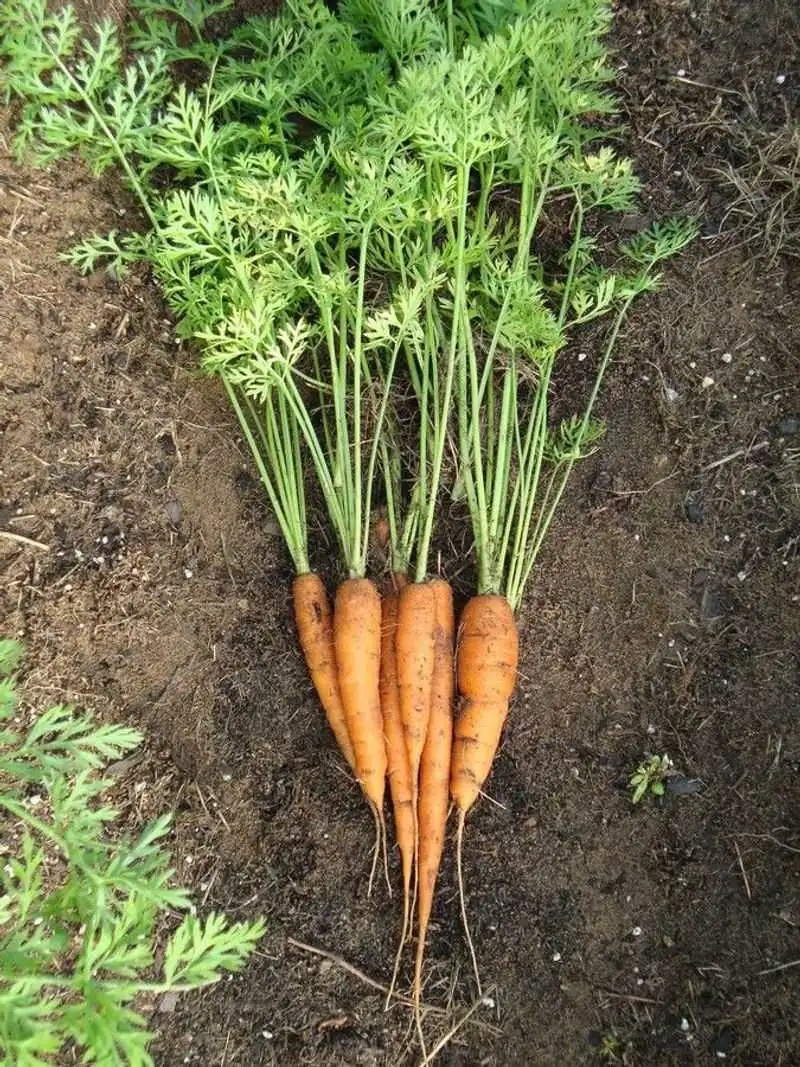
Carrots bring vibrant color and essential nutrients to your table. Known for their high beta-carotene content, they support vision and immunity. Carrots adapt to various soil types, thriving with minimal fuss.
These root vegetables can be sown multiple times a year, ensuring a steady supply. From raw snacks to cooked dishes, their culinary uses are vast. Carrots also store well, keeping their freshness over time.
Their ability to grow in confined spaces makes them ideal for urban gardens, providing a bountiful harvest in small areas.
Beans
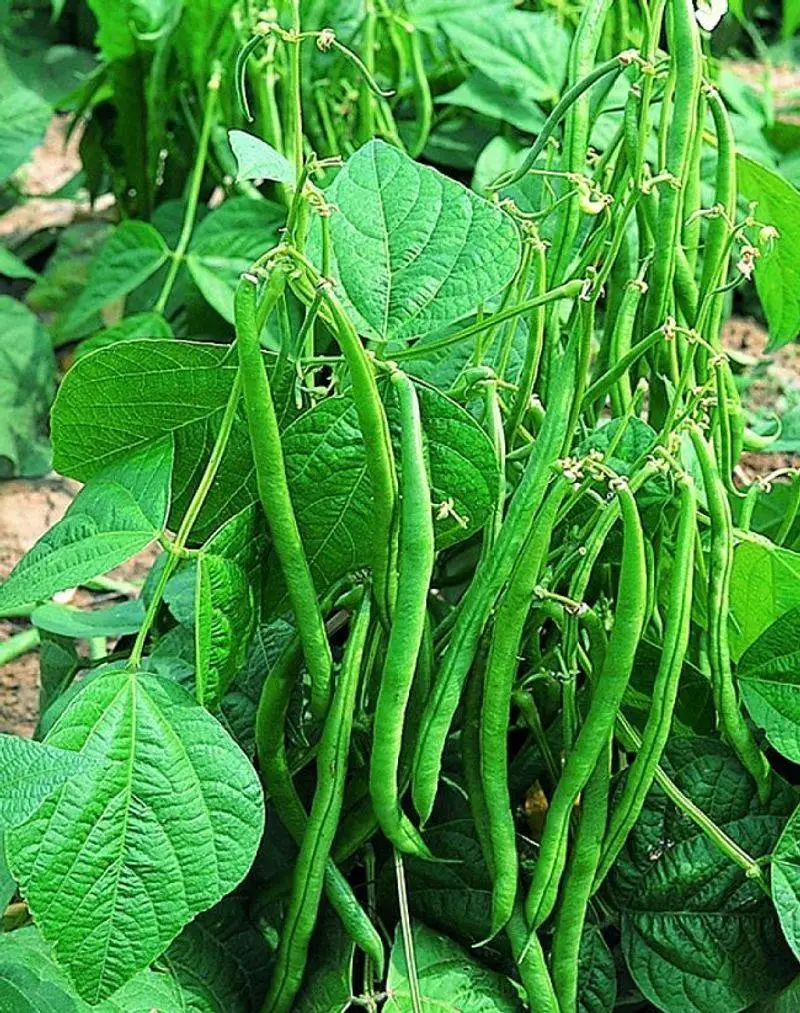
Beans are the humble giants of protein-rich crops. They’re a vital source of nutrition, especially in times of scarcity. Whether it’s kidney, black, or pinto, beans are easy to grow and harvest.
These legumes enrich the soil, making them a gardener’s ally. Growing vertically on a trellis maximizes space, which is perfect for small gardens. Beans are drought-resistant, ensuring they endure tough conditions.
Storing beans is a breeze, and they can be dried or canned, offering year-round availability. Their versatility in dishes is a bonus.
Tomatoes
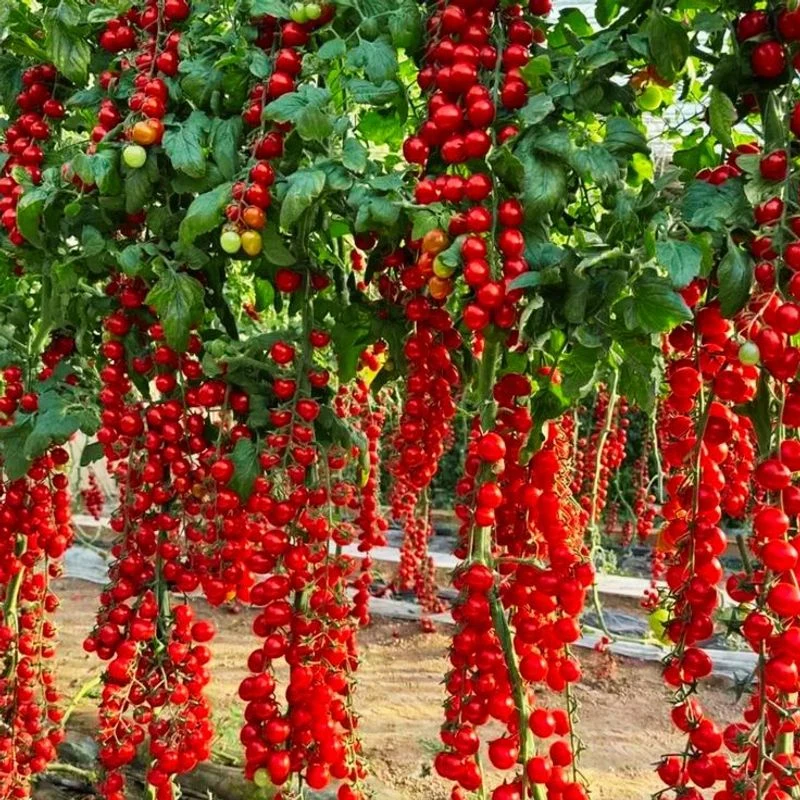
Tomatoes add vibrancy and flavor to any dish. These juicy fruits are a garden favorite, offering a burst of vitamins and antioxidants. They’re adaptable to various growing conditions and require minimal effort.
Whether in salads, sauces, or soups, tomatoes are indispensable in the kitchen. Their ability to grow in pots or gardens makes them accessible to all. Regular watering and sunlight are their primary needs for a successful harvest.
Tomatoes can be preserved through canning or drying, ensuring a steady supply even in off-seasons.
Squash
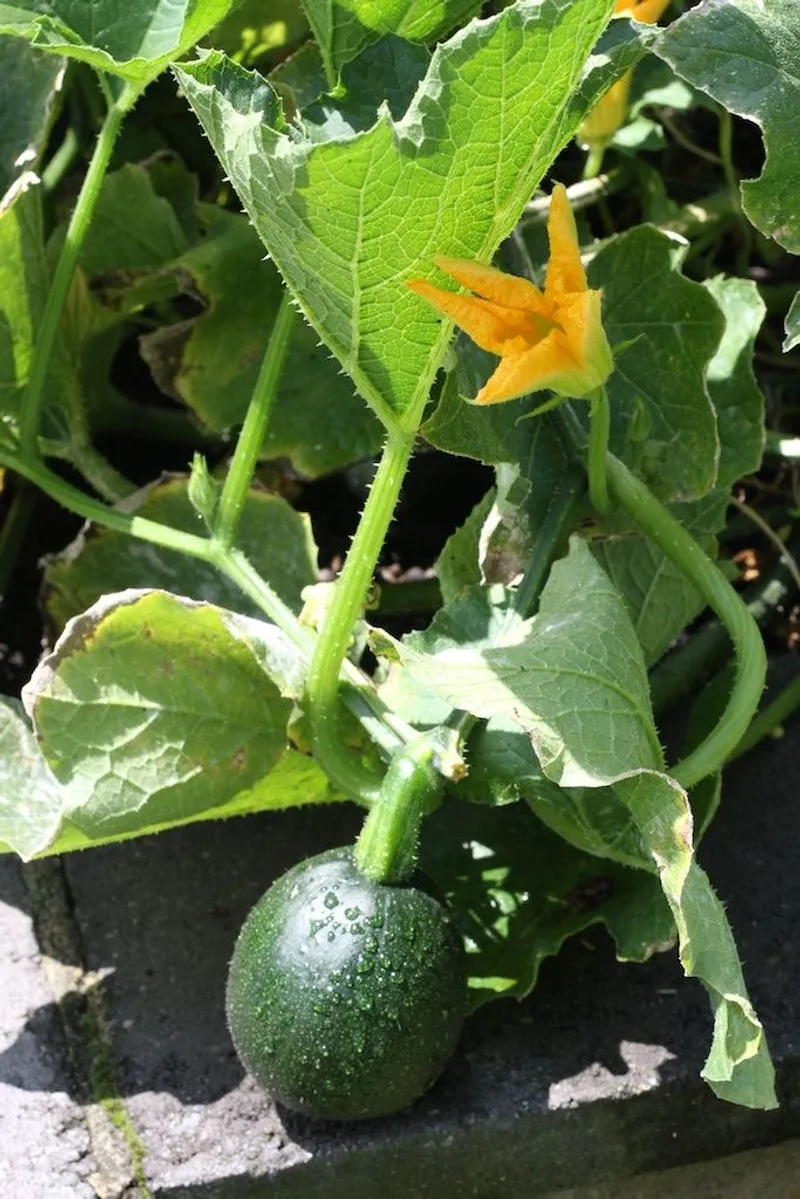
Squash, with its diverse shapes and flavors, is a garden delight. From summer varieties like zucchini to hearty winter squash, it provides versatility in cooking. These resilient crops thrive in warm climates with little maintenance.
Squash is rich in vitamins and minerals, supporting overall health. The plants’ sprawling nature allows them to cover large areas, suppressing weeds naturally.
Their lengthy shelf life makes them ideal for storage, providing nutrition when needed. With a little care, squash can be a dependable ally in your garden.
Garlic
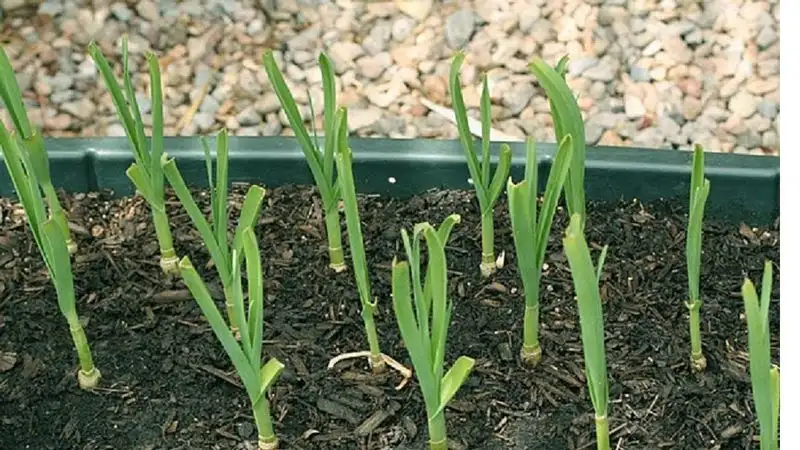
With its bold flavor and health benefits, garlic is a culinary staple. This potent bulb packs antioxidants and antimicrobial properties, supporting health during uncertain times.
Garlic is easy to grow, even for beginners, requiring little space and attention. It thrives in well-drained soil and can be planted in fall or spring.
Once harvested, garlic stores well, lasting several months in a cool, dry place. Its robust nature and long shelf life make it invaluable in a crisis, offering both flavor and nutrition.
Spinach
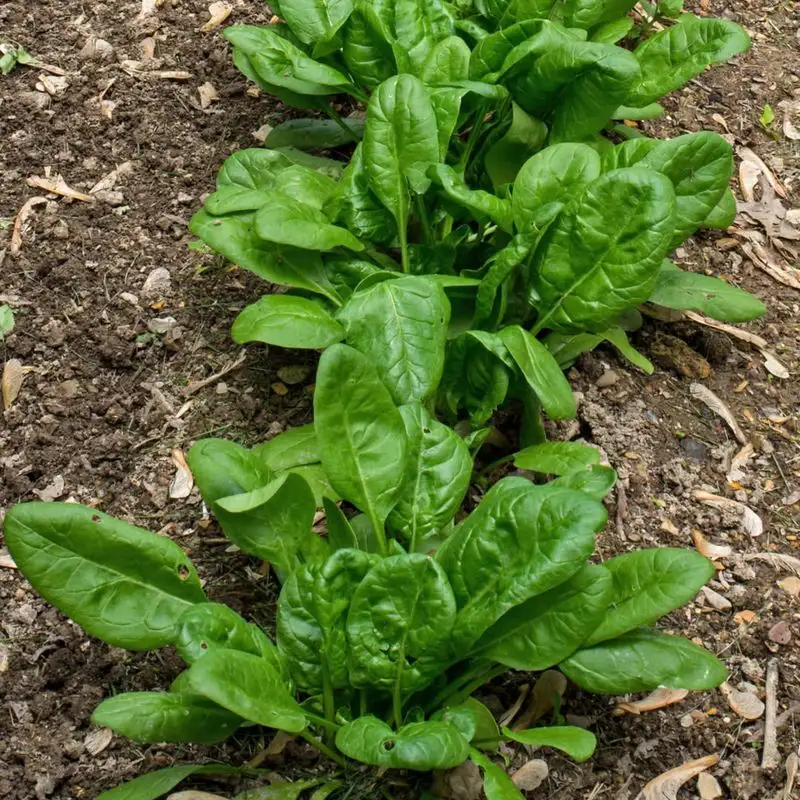
Spinach is the understated powerhouse of greens. Packed with iron, vitamins, and antioxidants, it bolsters immune function and energy levels. This leafy green grows quickly, allowing multiple harvests in a single season.
Spinach adapts well to different climates and requires minimal care. Its tender leaves are perfect for salads, soups, and stews, enhancing meals with nutrition.
Preserving spinach is simple—freeze or dehydrate for future use. Its ability to grow in small spaces makes it ideal for urban gardens, ensuring fresh greens are always within reach.
Chickpeas
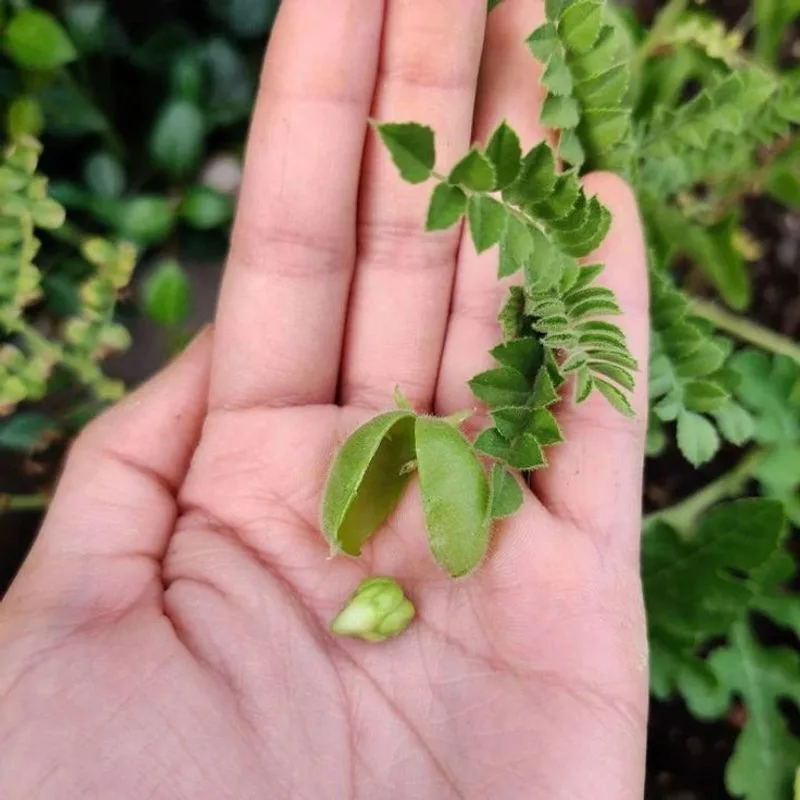
Chickpeas, also known as garbanzo beans, are a powerhouse of nutrition and versatility. With their nutty flavor, they can be used in a variety of dishes, from salads to stews. Rich in protein and fiber, chickpeas can be a perfect meat substitute, especially during supply shortages.
Growing chickpeas requires well-draining soil and moderate sunlight. Their drought resistance makes them ideal for various climates. Plus, they enrich the soil by fixing nitrogen, benefiting other crops you might grow. Historically, chickpeas have been a staple in Middle Eastern diets for thousands of years.
Quinoa
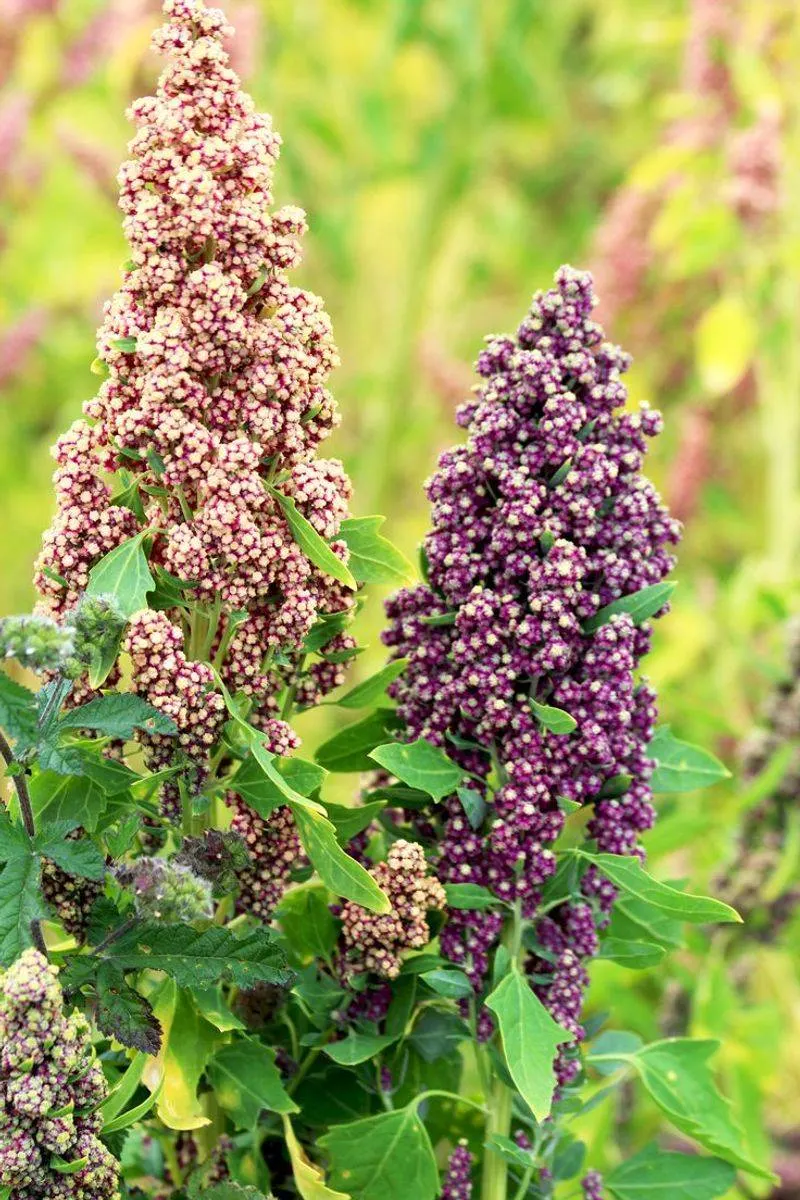
Quinoa, often called a superfood, is renowned for its high protein content and essential amino acids. Its nutty taste and fluffy texture make it an excellent base for many dishes. This ancient grain requires well-drained soil and a location with full sun.
Once harvested, quinoa seeds can be stored for extended periods, making them a reliable food source. Originating from the Andean region of South America, quinoa has been cultivated for over 5,000 years. Its resilience to adverse conditions makes it a valuable crop during crises.
Amaranth
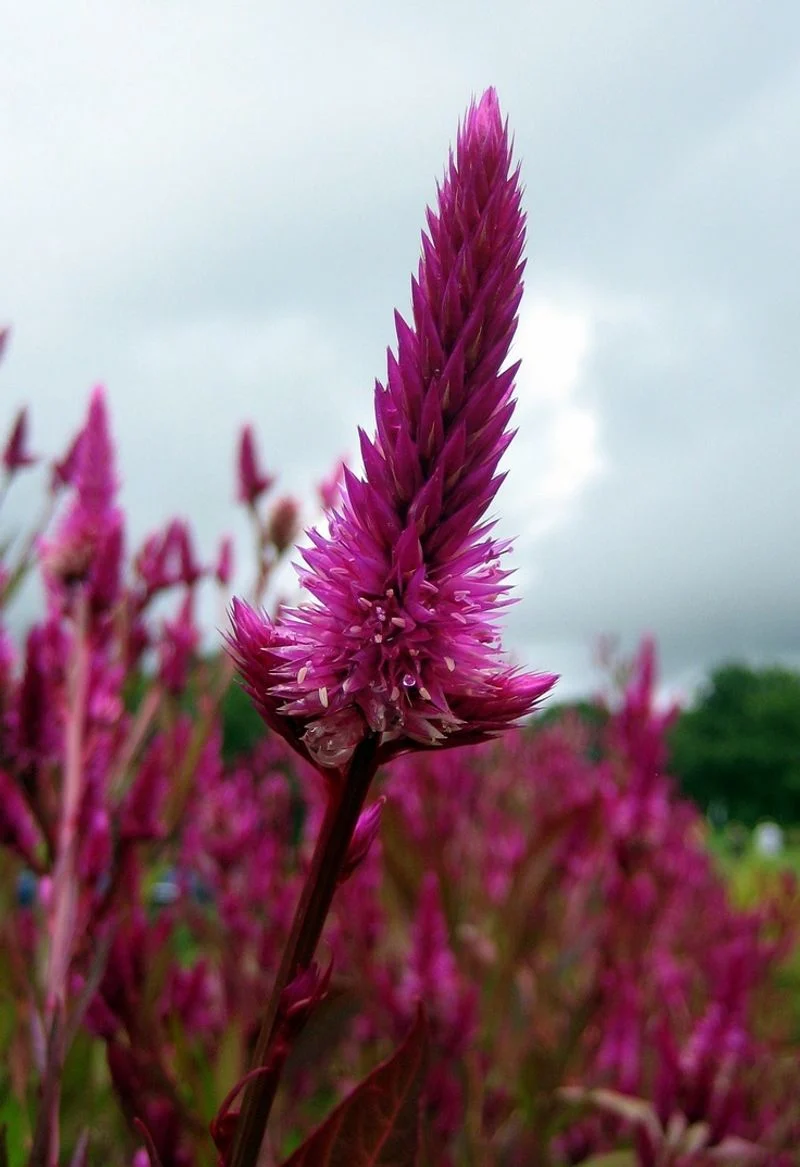
Amaranth is not just a plant; it’s a symbol of resilience. With its vibrant leaves and nutritious seeds, it offers a bounty of food options. Rich in protein and calcium, amaranth leaves can be harvested continually for fresh greens.
This hardy plant thrives in poor soil conditions and requires minimal water, making it perfect for crisis gardening. Historically used by the Aztecs, amaranth’s versatility is legendary. Its seeds can be ground into flour or popped like popcorn, providing diverse culinary possibilities.
Sunflowers
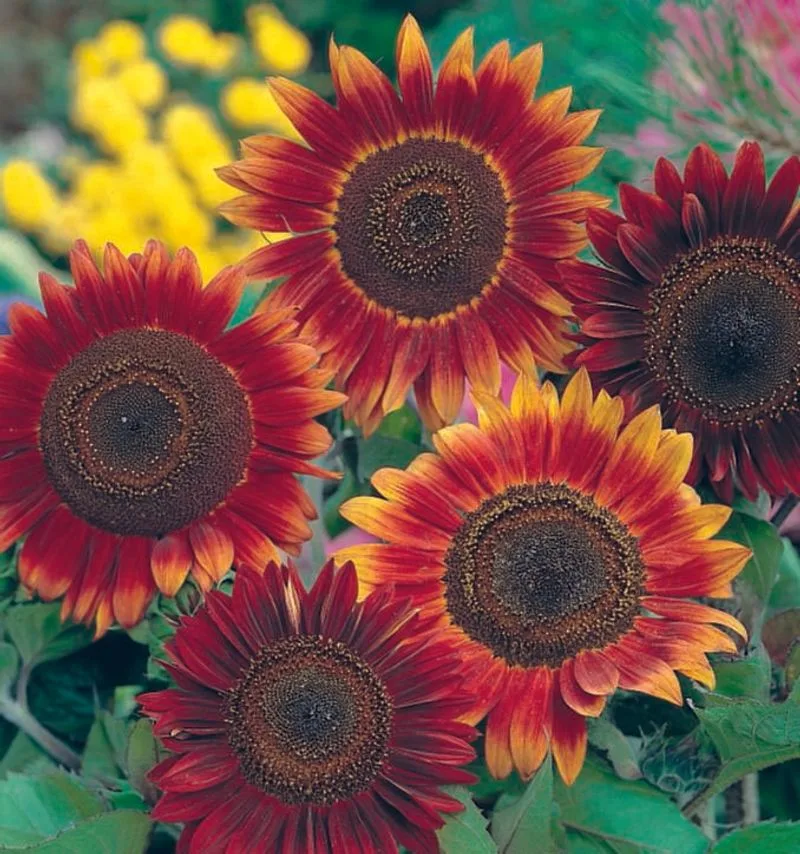
Sunflowers are more than just beautiful blooms; their seeds are a rich source of nutrients. Packed with healthy fats, vitamins, and minerals, sunflower seeds can be an excellent addition to your diet. These towering plants flourish in full sun and well-drained soil.
Sunflowers are known for their ability to thrive in adverse conditions, making them ideal for uncertain times. Their seeds can be eaten raw, roasted, or pressed into oil. With a history dating back to Native American cultures, sunflowers symbolize both beauty and sustenance.
Buckwheat
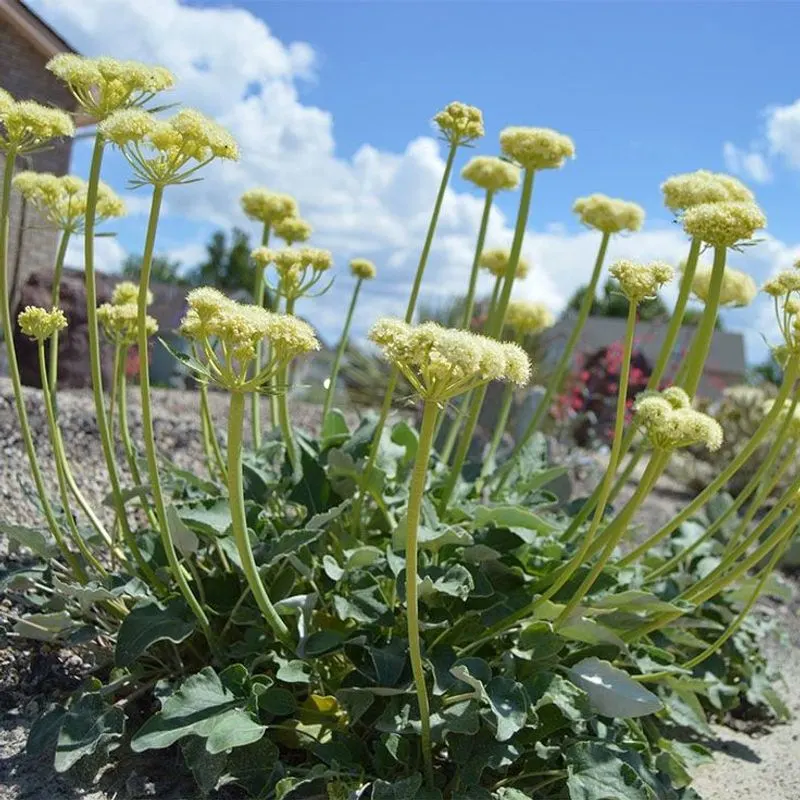
Buckwheat, despite its name, is not a wheat but a nutritious seed used as a grain. It’s known for its high levels of protein and essential nutrients like magnesium. Buckwheat grows quickly and can thrive in poor soil, making it an adaptable choice for tough times.
The flowering plants attract helpful pollinators, enhancing your garden’s ecosystem. Buckwheat flour is a staple in many cultures, used for making noodles and pancakes. Its hearty nature and quick growth cycle are perfect for crisis gardening, providing sustenance when needed.
Jerusalem Artichokes
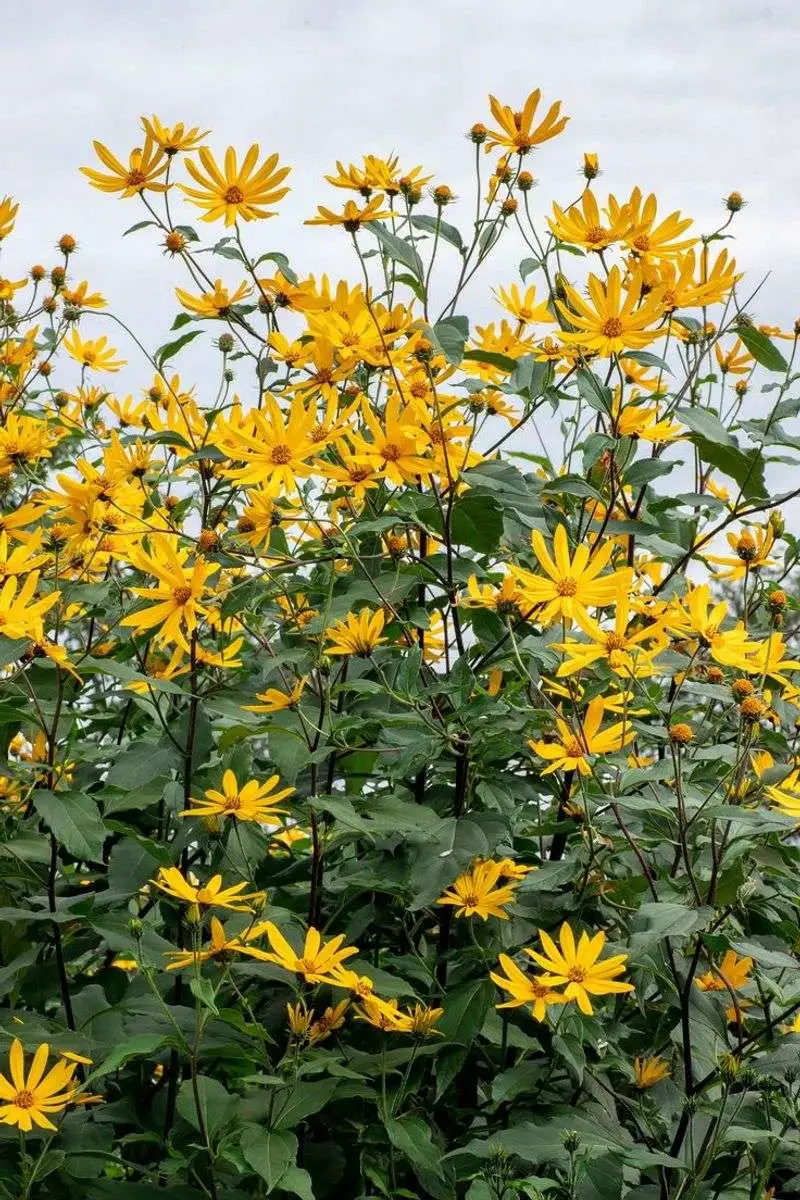
Jerusalem artichokes, or sunchokes, are tubers packed with inulin, promoting digestive health. These crunchy roots boast a mildly sweet flavor, ideal for raw salads or roasted dishes. They are adept at thriving in various soils, tolerating both heat and cold with ease.
Once established, Jerusalem artichoke plants require minimal care, providing a reliable food source year after year. Originating from North America, they have been consumed for centuries. Their ability to multiply underground ensures a continuous supply even during prolonged crises.
Rhubarb
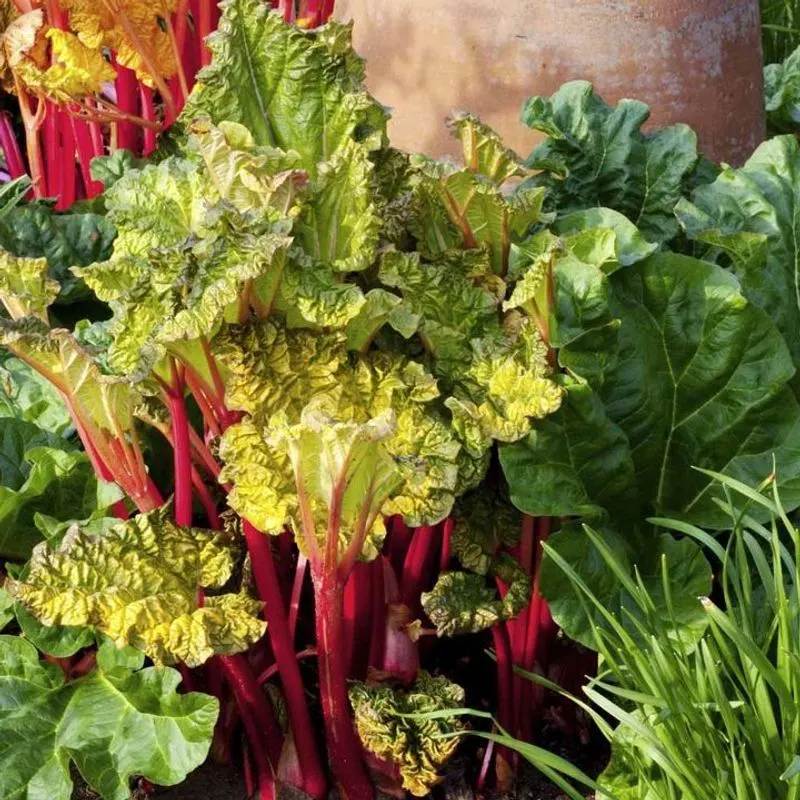
Rhubarb, with its striking red stalks, is both a visual and culinary delight. Often used in desserts, its tart flavor adds a unique twist to various recipes. Rhubarb thrives in cooler climates and requires little maintenance once established.
While the leaves are toxic, the stalks are rich in vitamins C and K, providing essential nutrients. Traditionally grown in Europe and Asia, rhubarb has found its way into many kitchens worldwide. Its perennial nature means it returns year after year, offering a steady food supply during challenging times.
Oats
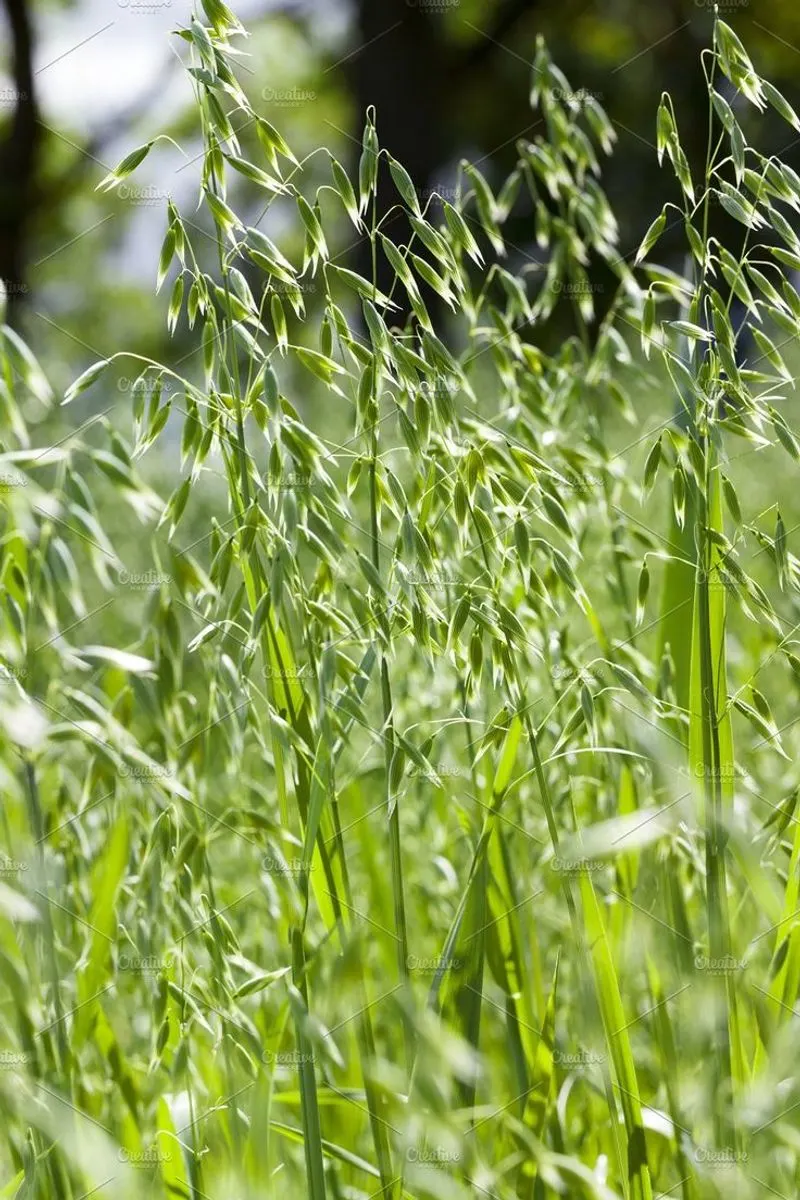
Oats are a staple grain with versatile uses, from breakfast cereals to baking. Known for their high fiber content and heart-healthy properties, they are invaluable in a balanced diet. Oats grow well in cooler climates with minimal soil requirements, making them perfect for unpredictable weather.
Once harvested, oats can be stored for extended periods, offering a reliable food source. Historically, oats have been cultivated for centuries, serving as a vital crop in many cultures. Their resilience and nutritional benefits make them essential during supply chain disruptions.
Lentils
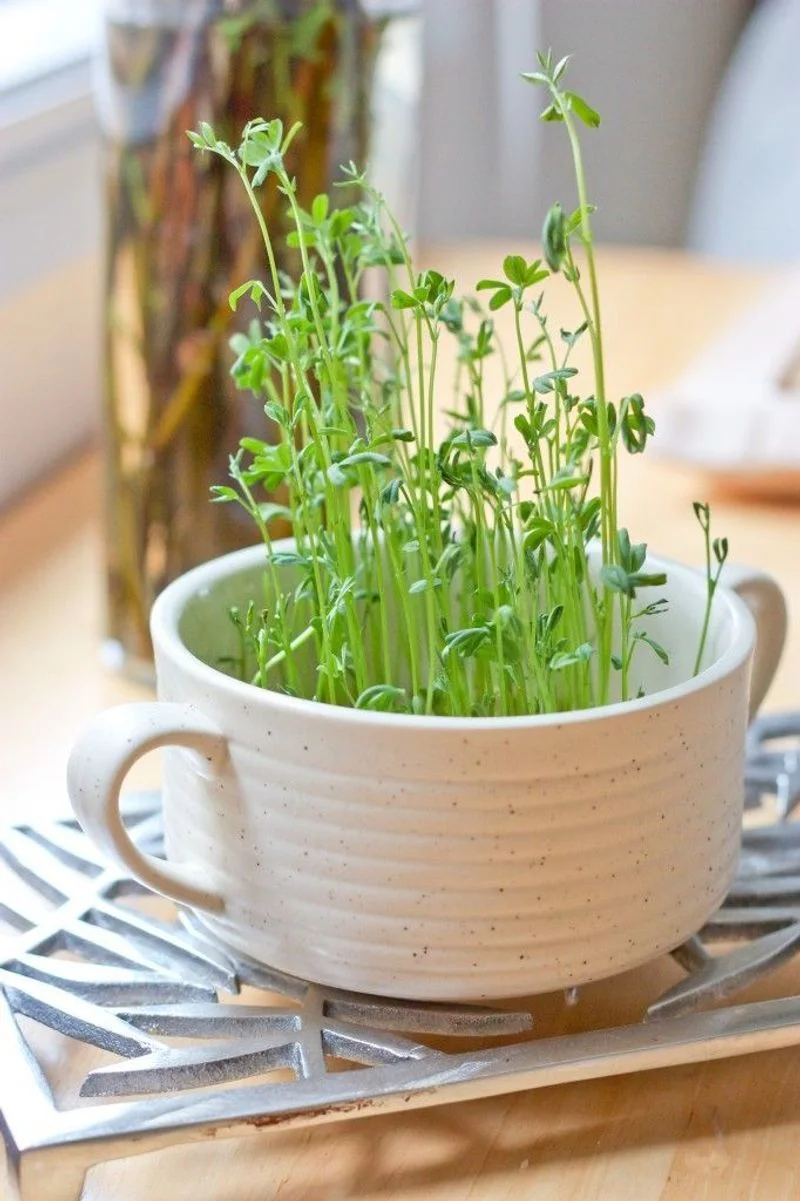
Lentils, small yet mighty, are protein-packed legumes essential for a healthy diet. Their earthy flavor complements a variety of dishes, from soups to salads. Lentils are drought-tolerant, thriving in well-drained soil and requiring minimal water.
Once harvested, they store well, providing a long-lasting food supply. Known for their quick growth cycle, lentils are perfect for crisis gardening. Originating from the Near East, they have been a staple for thousands of years, offering essential nutrients during times of scarcity.

